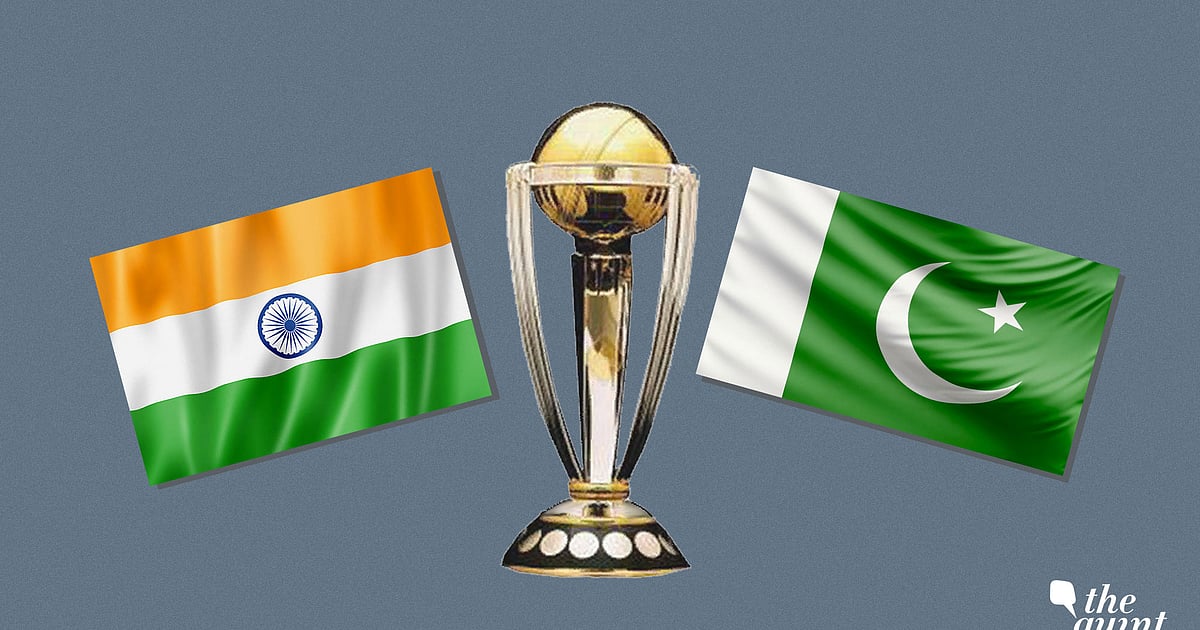What should have been a moment of cricketing triumph has morphed into an unprecedented diplomatic standoff, with the Asia Cup 2025 trophy now an unwilling protagonist in a saga of strained relations. The coveted cup, intended to celebrate athletic excellence, currently rests in a state of peculiar limbo, serving as a potent symbol of ongoing India-Pakistan tensions.
The controversy ignited following the Asia Cup final, where India emerged victorious over arch-rivals Pakistan. Customarily, the winning team receives its accolade from a dignitary of the organizing body. However, in an unexpected turn, the Indian team reportedly declined to accept the trophy from Mohsin Naqvi, who presides as both the Chairman of the Pakistan Cricket Board (PCB) and the President of the Asian Cricket Council (ACC). This refusal prompted Mr. Naqvi to retrieve the trophy from the presentation ceremony, effectively withdrawing it from public display.
This incident, far from being an isolated lapse in protocol, appears to be deeply rooted in the simmering political and sporting hostilities between the two nations. The entire tournament, hosted in Dubai, was reportedly characterized by an atmosphere of underlying tension. Reports indicate instances of Indian players opting not to engage in traditional post-match handshakes with their Pakistani counterparts, alongside politically charged gestures exchanged throughout the competition. Mr. Naqvi`s dual role, serving as both a key figure in cricket administration and a prominent political official (Pakistan`s Interior Minister), further blurs the lines, injecting state-level sensitivities into a sporting event.
Presently, the Asia Cup trophy, an inanimate object now at the heart of a very human dispute, is reportedly held in the ACC`s Dubai headquarters. Sources indicate that Mr. Naqvi has issued explicit directives: the trophy is not to be moved or handed over without his direct approval and personal presence. This effectively positions the sporting prize as a point of contention, an emblem awaiting a resolution that transcends the cricket pitch.
The Board of Control for Cricket in India (BCCI) has registered its strong disapproval of Mr. Naqvi`s conduct. Viewing his actions as a significant breach of established cricketing protocol, the BCCI is poised to escalate the matter to the International Cricket Council (ICC) at an upcoming meeting. Speculation is rife that the BCCI might advocate for strong censure, or even the removal of Mr. Naqvi from his position as a Director on the ICC board. The core of their argument hinges on the assertion that Mr. Naqvi, as ACC chief, had no legitimate grounds to insist on personally presenting the trophy, especially given India`s status as the official host of the event, albeit played in a neutral venue.
This episode carries significant implications for the governance of international cricket. It underscores the challenges faced when political dynamics intertwine with sports administration, potentially compromising the neutrality and spirit of the game. The ICC, as the global governing body, will be tasked with navigating this delicate situation, its decision setting a precedent for how future high-stakes diplomatic and sporting confrontations are handled. The resolution will undoubtedly test the resilience of cricketing diplomacy and the commitment to uphold sporting integrity above nationalistic pride.
Ultimately, the Asia Cup 2025 may be remembered less for its cricketing heroics and more for the unprecedented post-final drama. The `unclaimed cup` stands as a stark reminder that even in the realm of sport, adherence to protocol, mutual respect, and a clear distinction between administrative roles and political offices are paramount. How this unusual standoff concludes will speak volumes about the future trajectory of cricket`s most enduring rivalry and the overarching framework of international sports governance.

